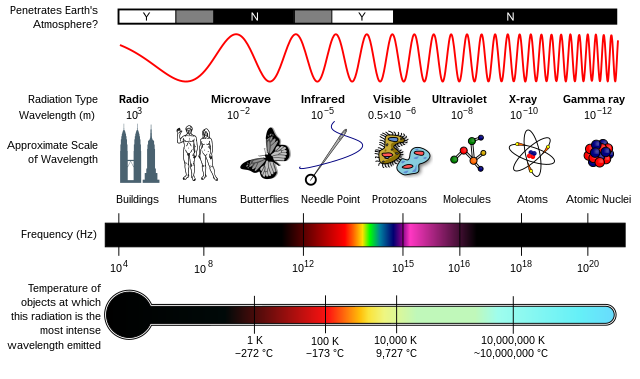---
- ORS § 163.730. Definitions
- ORS § 163.732. Stalking
- ORS § 163.750. Violating court's stalking protective order
---
ORS § 163.730. Definitions
As used in ORS 30.866 and 163.730 to 163.750, unless the context requires otherwise:
- (1) "Alarm" means to cause apprehension or fear resulting from the perception of danger.
- (2) "Coerce" means to restrain, compel or dominate by force or threat.
- (3) "Contact" includes but is not limited to:
- (a) Coming into the visual or physical presence of the other person;
- (b) Following the other person;
- (c) Waiting outside the home, property, place of work or school of the other person or of a member of that person's family or household;
- (d) Sending or making written or electronic communications in any form to the other person;
- (e) Speaking with the other person by any means;
- (f) Communicating with the other person through a third person;
- (g) Committing a crime against the other person;
- (h) Communicating with a third person who has some relationship to the other person with the intent of affecting the third person's relationship with the other person;
- (i) Communicating with business entities with the intent of affecting some right or interest of the other person;
- (j) Damaging the other person's home, property, place of work, or school;
- (k) Delivering directly or through a third person any object to the home, property, place of work, or school of the other person; or
- (L) Service of process or other legal documents unless the other person is served as provided in ORCP 7 or 9.
- (4) "Household member" means any person residing in the same residence as the victim.
- (5) "Immediate family" means father, mother, child, sibling, spouse, grandparent, stepparent, and stepchild.
- (6) "Law enforcement officer" means:
- (a) A person employed in this state as a police officer by:
- (A) A county sheriff, constable, or marshal;
- (B) A police department established by a university under ORS 352.383 or 353.125; or
- (C) A municipal or state police agency; or
- (b) An authorized tribal police officer as defined in section 1, chapter 644, Oregon Laws 2011.
- (a) A person employed in this state as a police officer by:
- (7) "Repeated" means two or more times.
- (8) "School" means a public or private institution of learning or a child care facility.
Note: 163.730 to 163.753 were enacted into law by the Legislative Assembly but were not added to or made a part of ORS chapter 163 or any series therein by legislative action. See Preface to Oregon Revised Statutes for further explanation.
ORS § 163.732. Stalking. (1995)
- (1) A person commits the crime of stalking if:
- (a) The person knowingly alarms or coerces another person or a member of that person's immediate family or household by engaging in repeated and unwanted contact with the other person;
- (b) It is objectively reasonable for a person in the victim's situation to have been alarmed or coerced by the contact; and
- (c) The repeated and unwanted contact causes the victim reasonable apprehension regarding the personal safety of the victim or a member of the victim's immediate family or household.
- (2)
- (a) Stalking is a Class A misdemeanor.
- (b) Notwithstanding paragraph (a) of this subsection, stalking is a Class C felony if the person has a prior conviction for:
- (A) Stalking; or
- (B) Violating a court's stalking protective order.
- (c) When stalking is a Class C felony pursuant to paragraph (b) of this subsection, stalking shall be classified as a person felony and as crime category 8 of the sentencing guidelines grid of the Oregon Criminal Justice Commission.
ORS § 163.750. Violating court's stalking protective order. (1995)
- (1) A person commits the crime of violating a court's stalking protective order when:
- (a) The person has been served with a court's stalking protective order as provided in ORS 30.866 or 163.738 or if further service was waived underORS 163.741 because the person appeared before the court;
- (b) The person, subsequent to the service of the order, has engaged intentionally, knowingly or recklessly in conduct prohibited by the order; and
- (c) If the conduct is prohibited contact as defined in ORS 163.730 (3)(d), (e), (f), (h) or (i), the subsequent conduct has created reasonable apprehension regarding the personal safety of a person protected by the order.
- (2)
- (a) Violating a court's stalking protective order is a Class A misdemeanor.
- (b) Notwithstanding paragraph (a) of this subsection, violating a court's stalking protective order is a Class C felony if the person has a prior conviction for:
- (A) Stalking; or
- (B) Violating a court's stalking protective order.
- (c) When violating a court's stalking protective order is a Class C felony pursuant to paragraph (b) of this subsection, violating a court's stalkingprotective order shall be classified as a person felony and as crime category 8 of the sentencing guidelines grid of the Oregon Criminal Justice Commission.
















